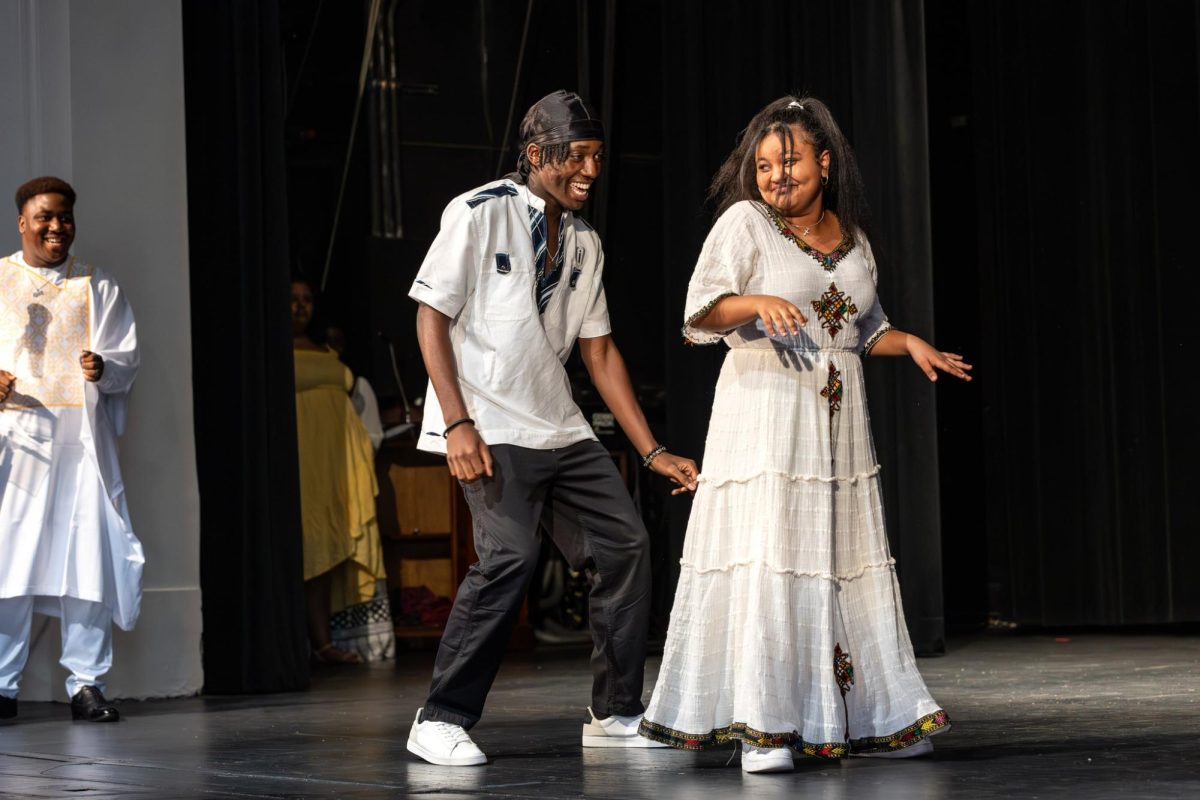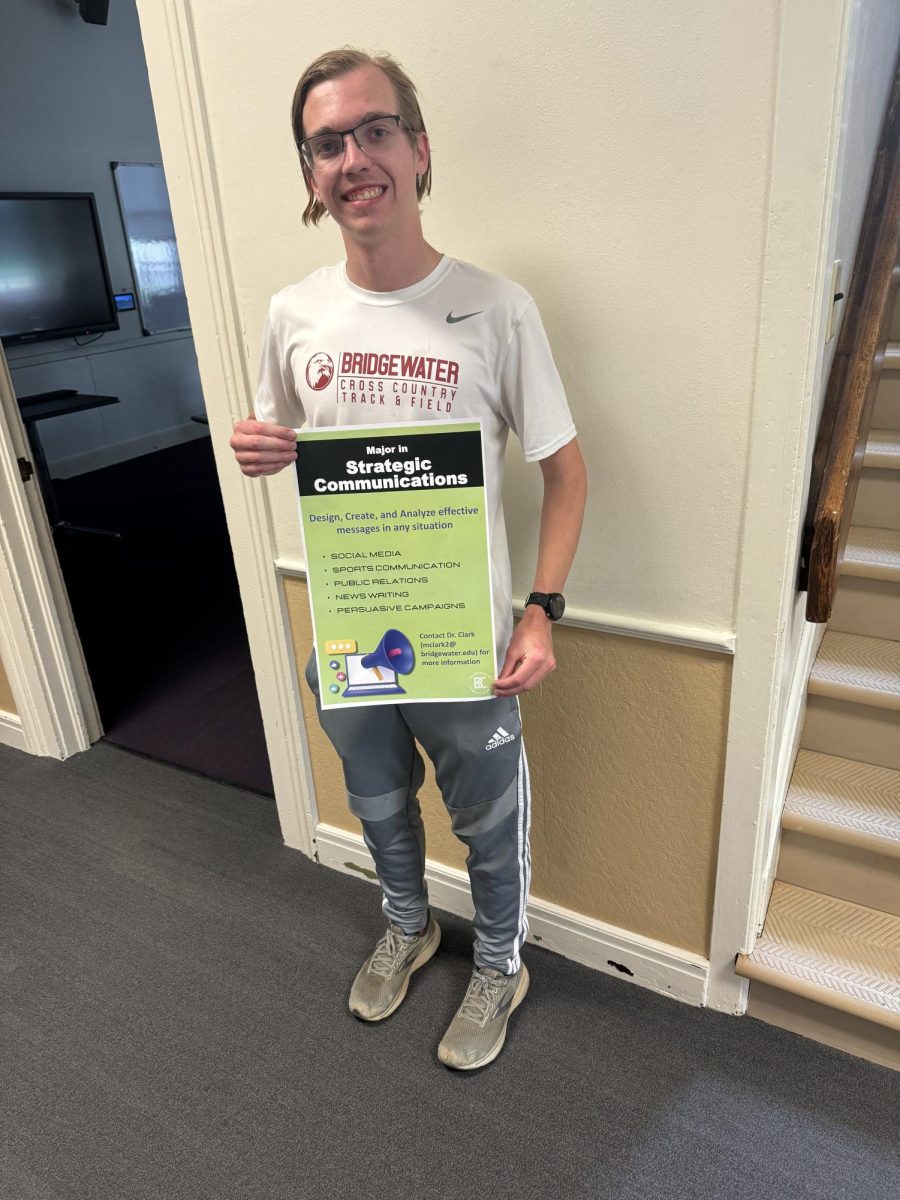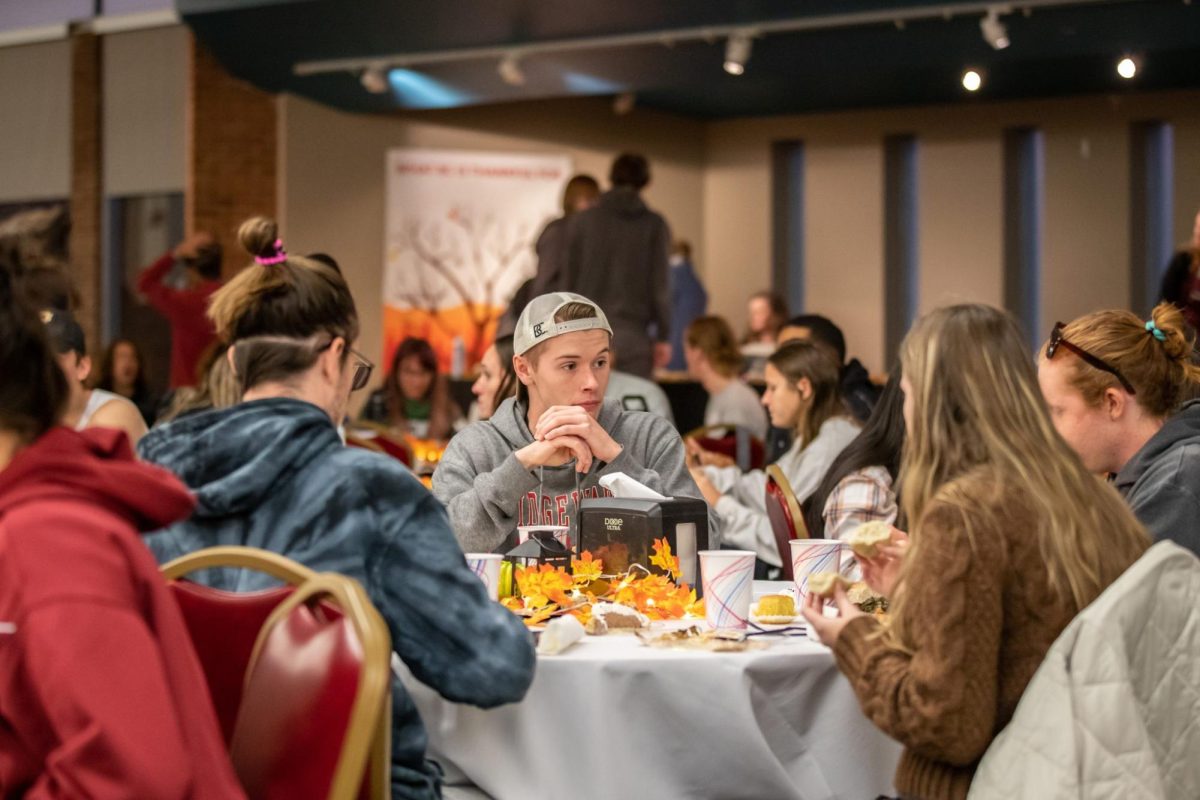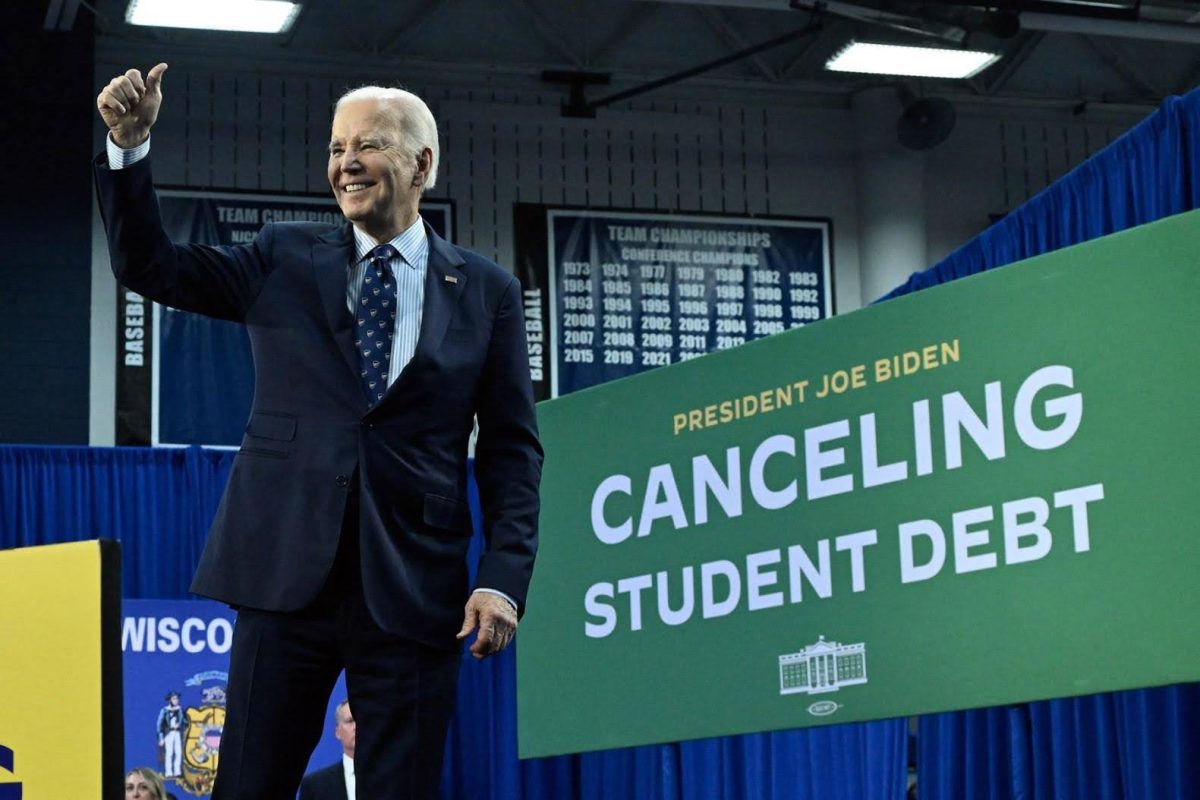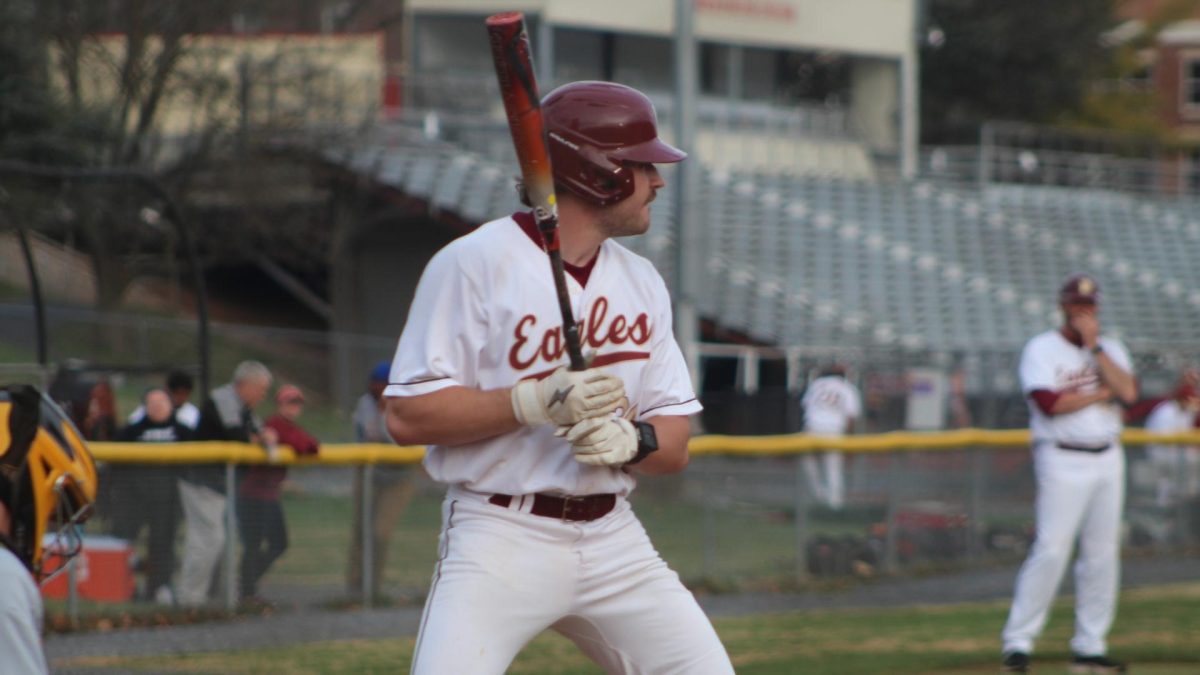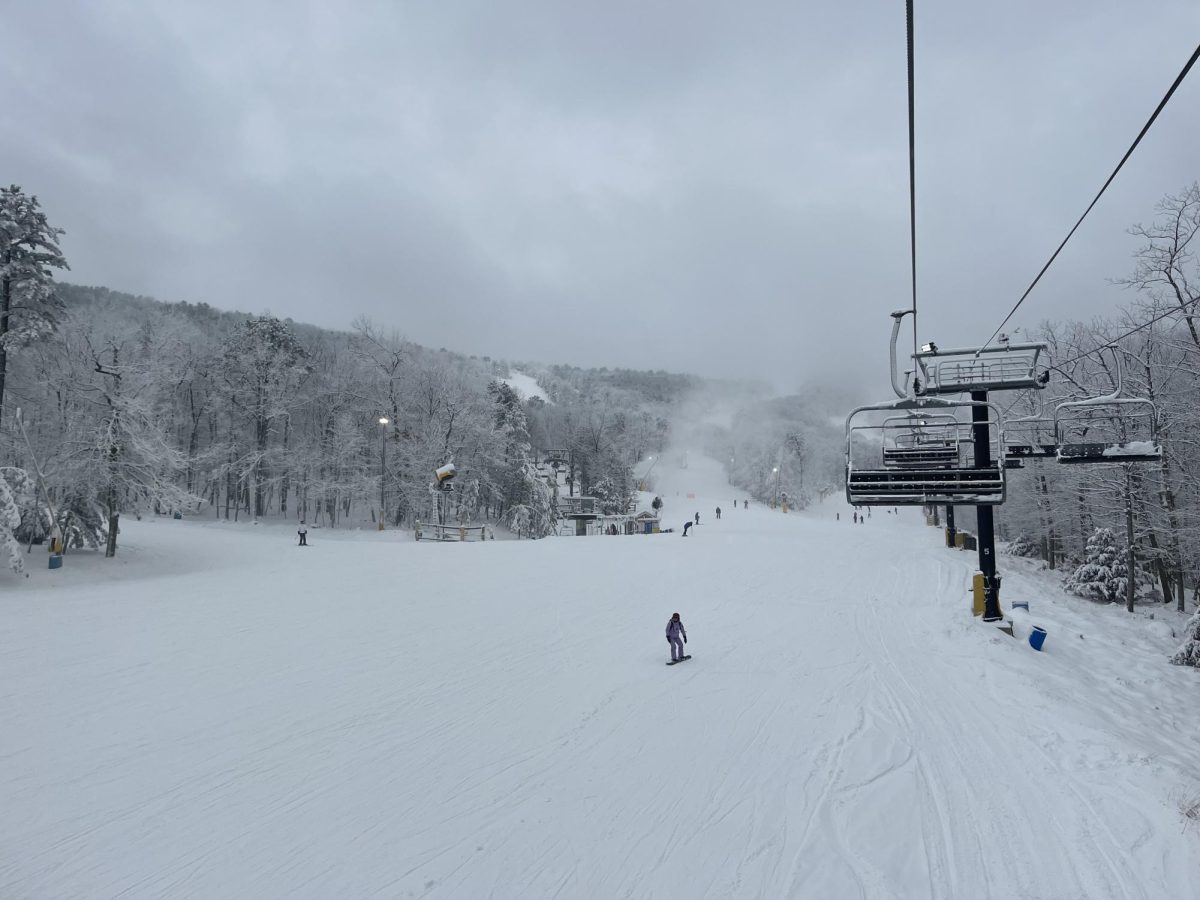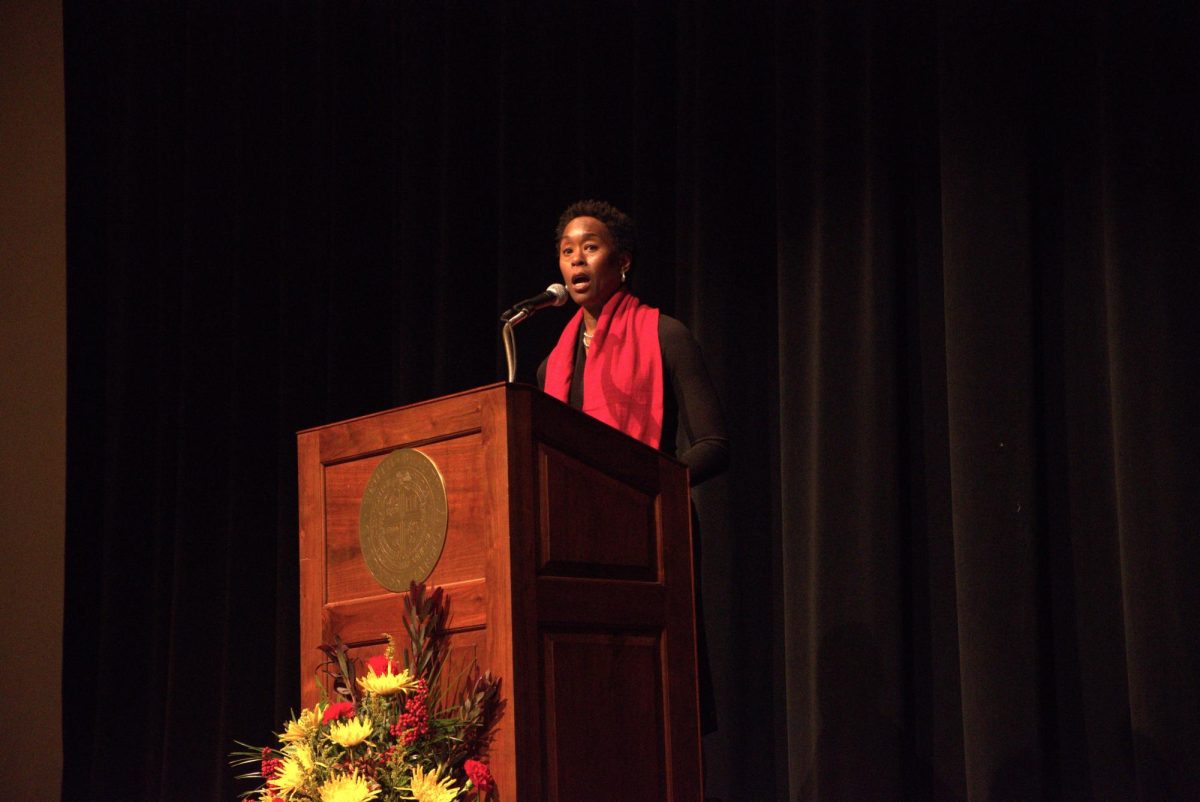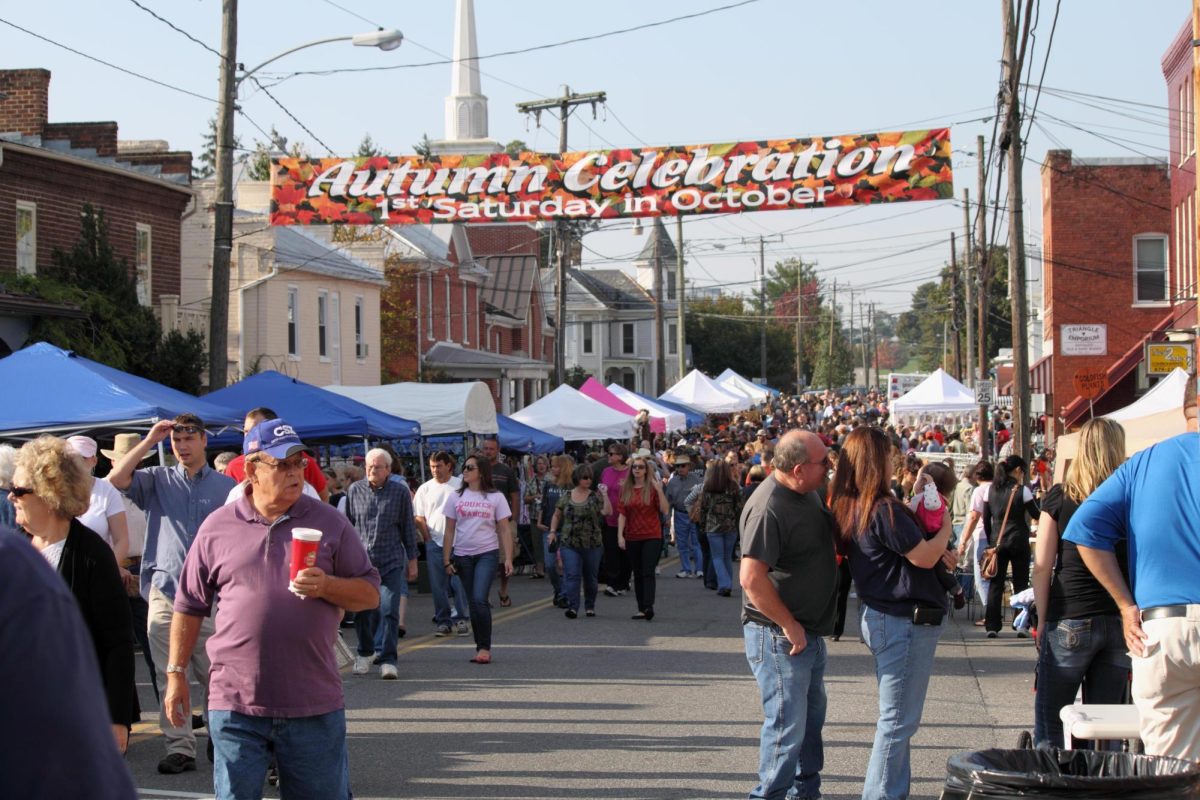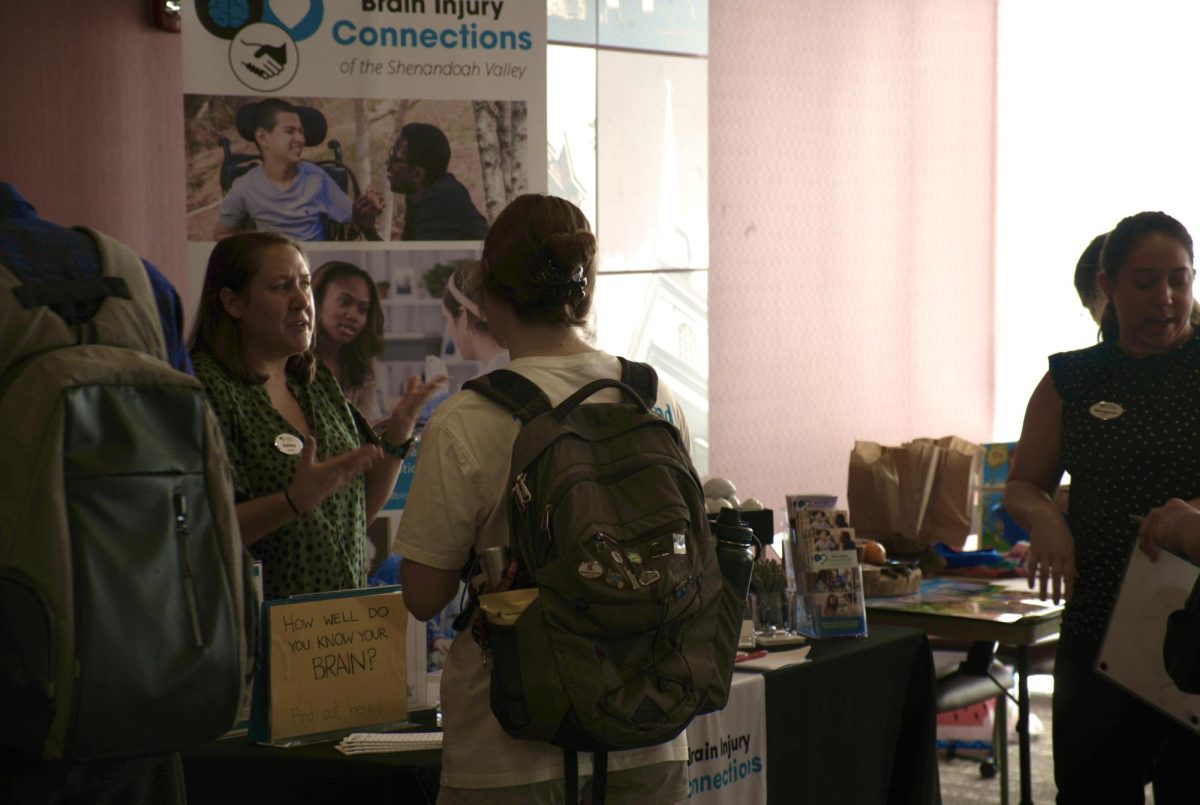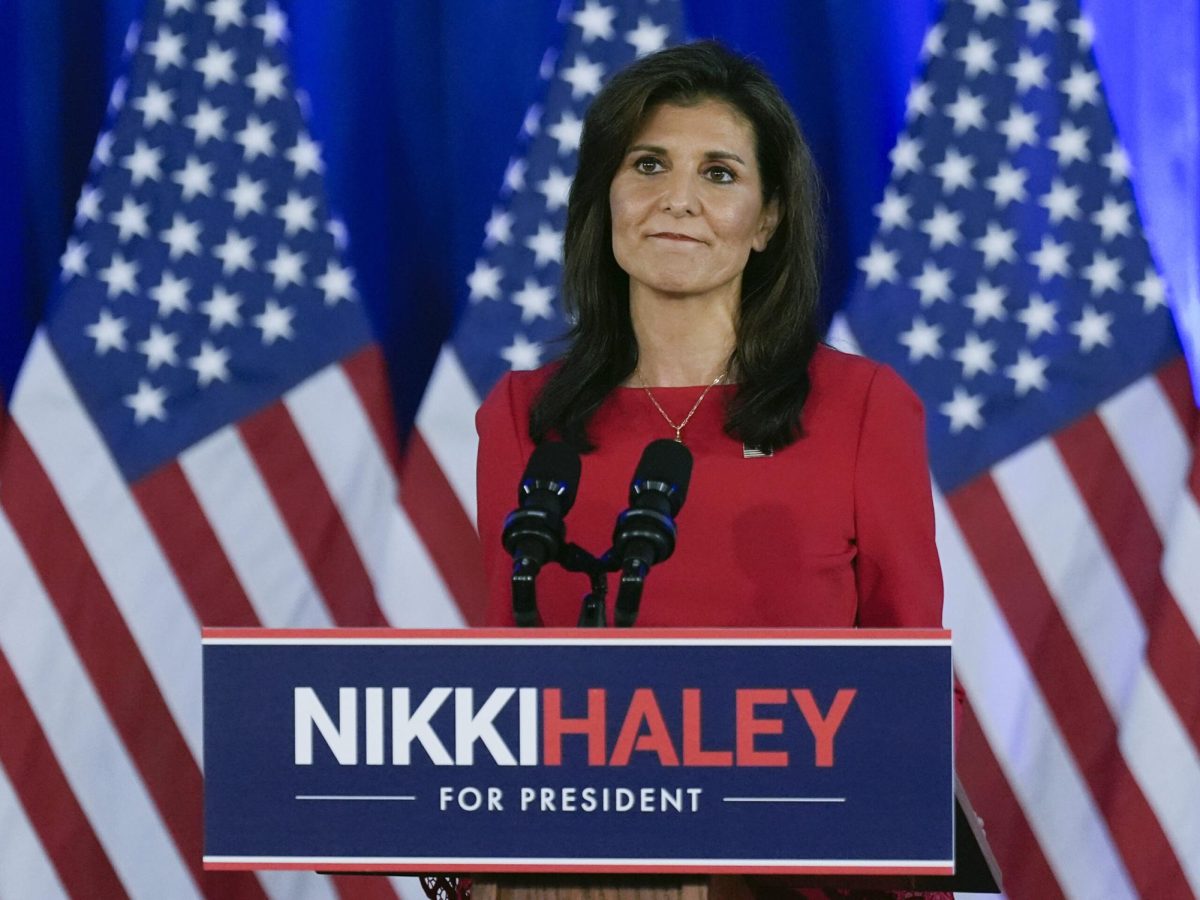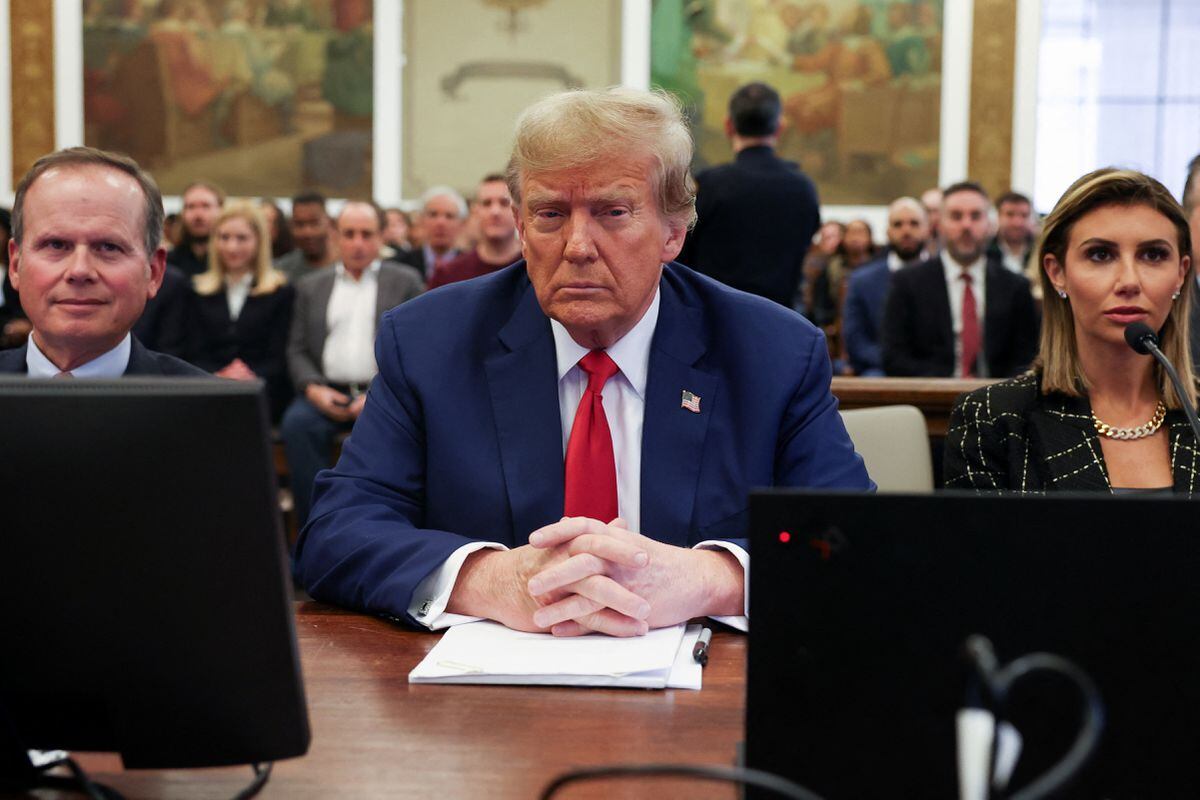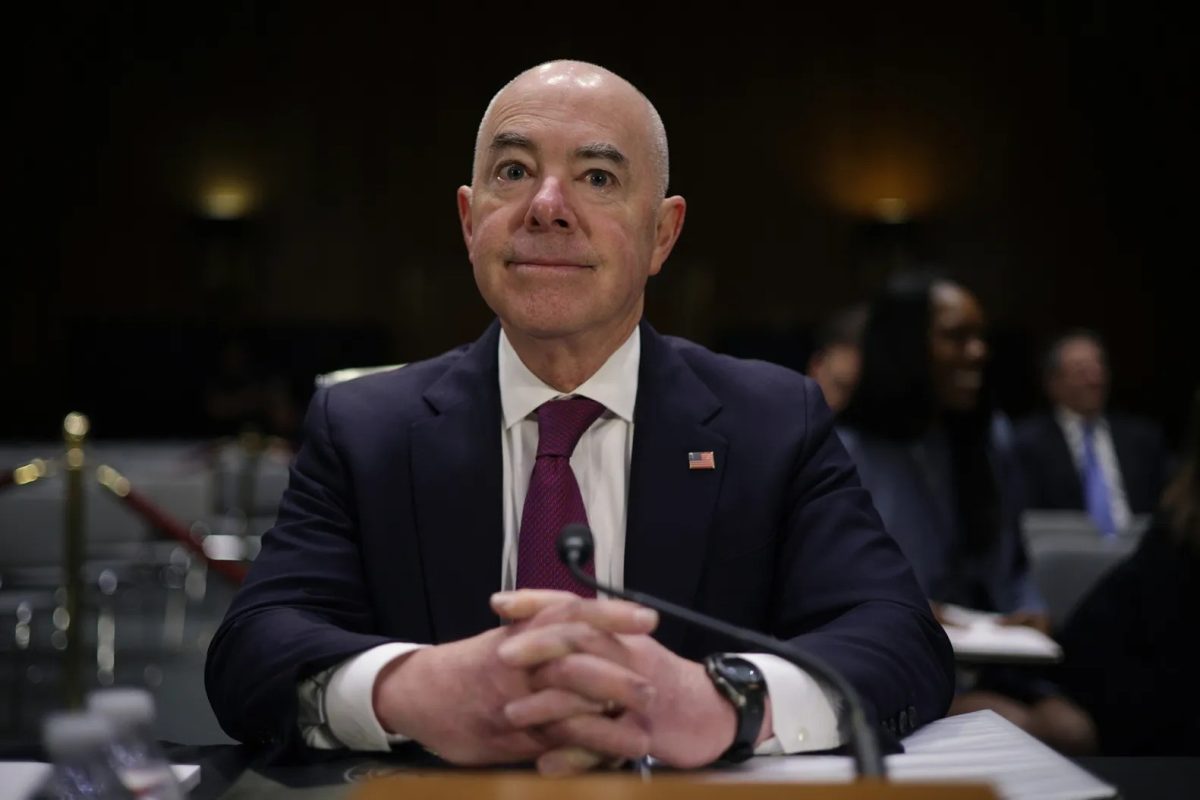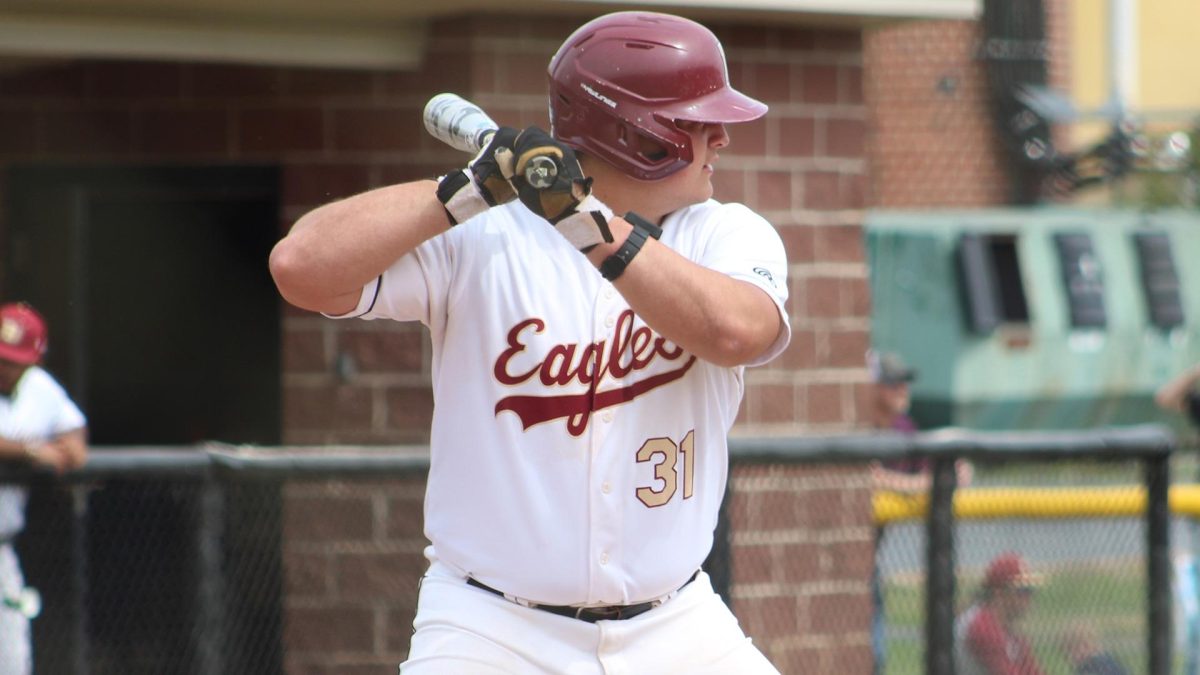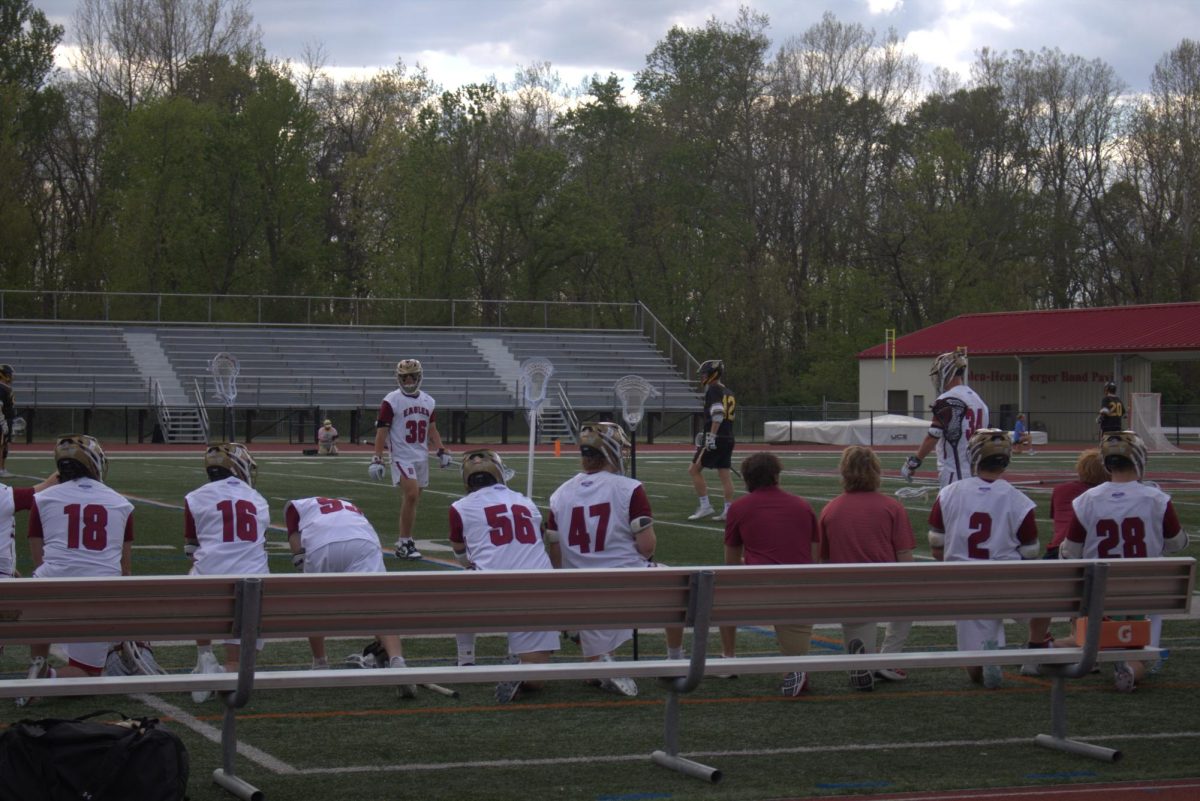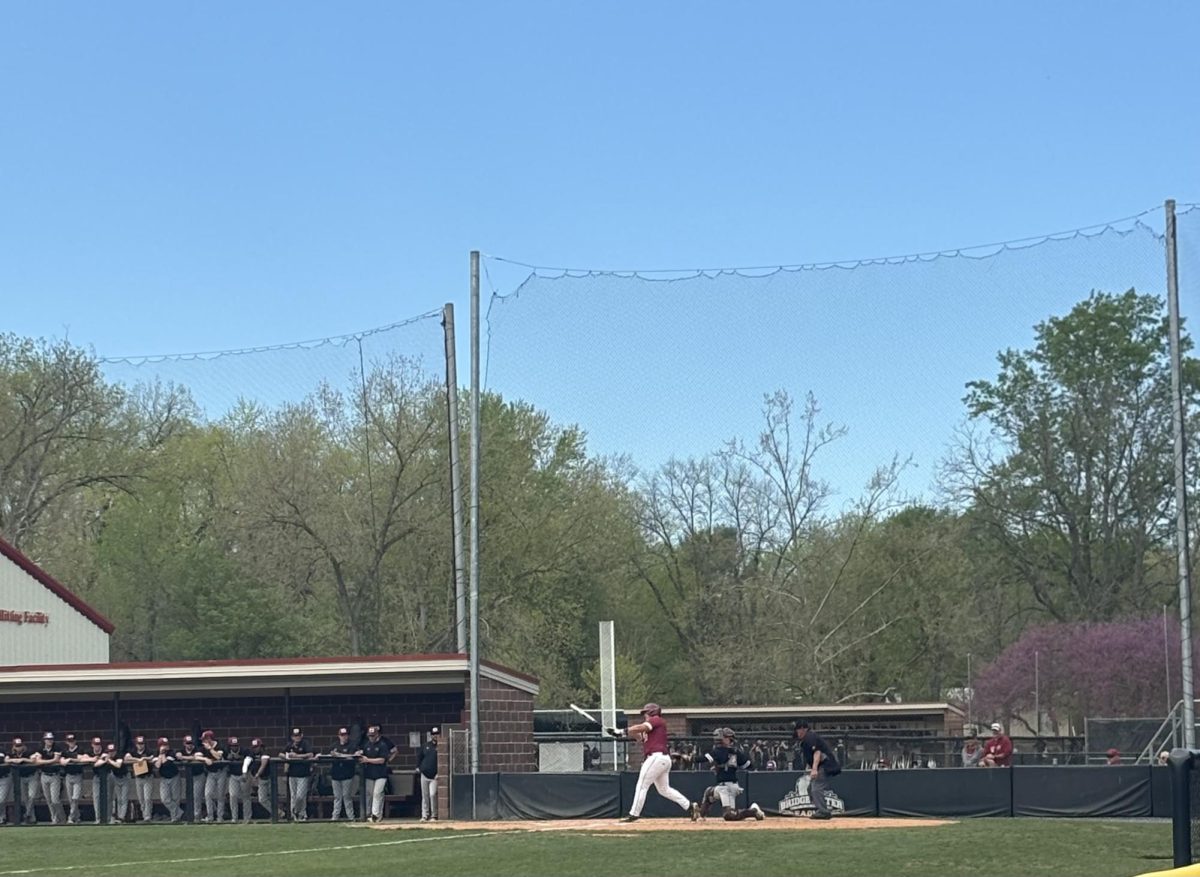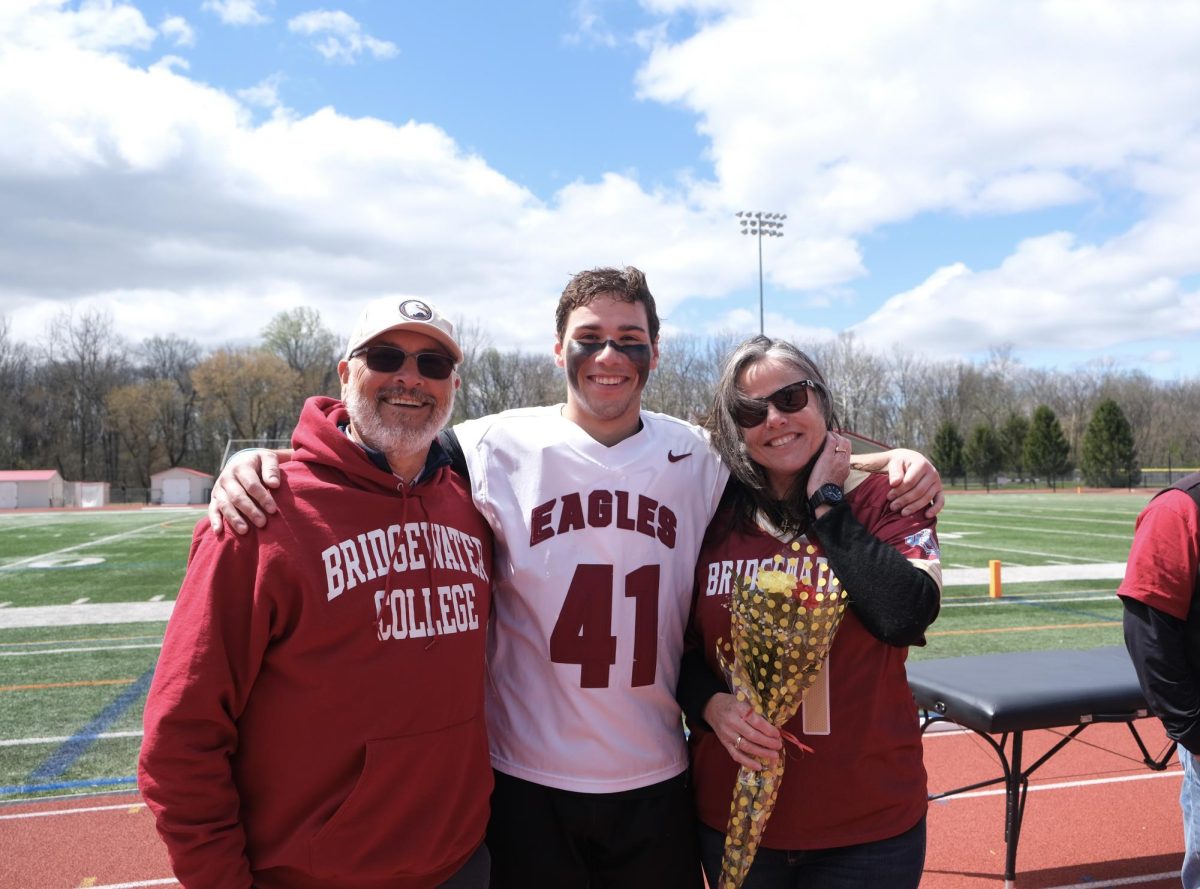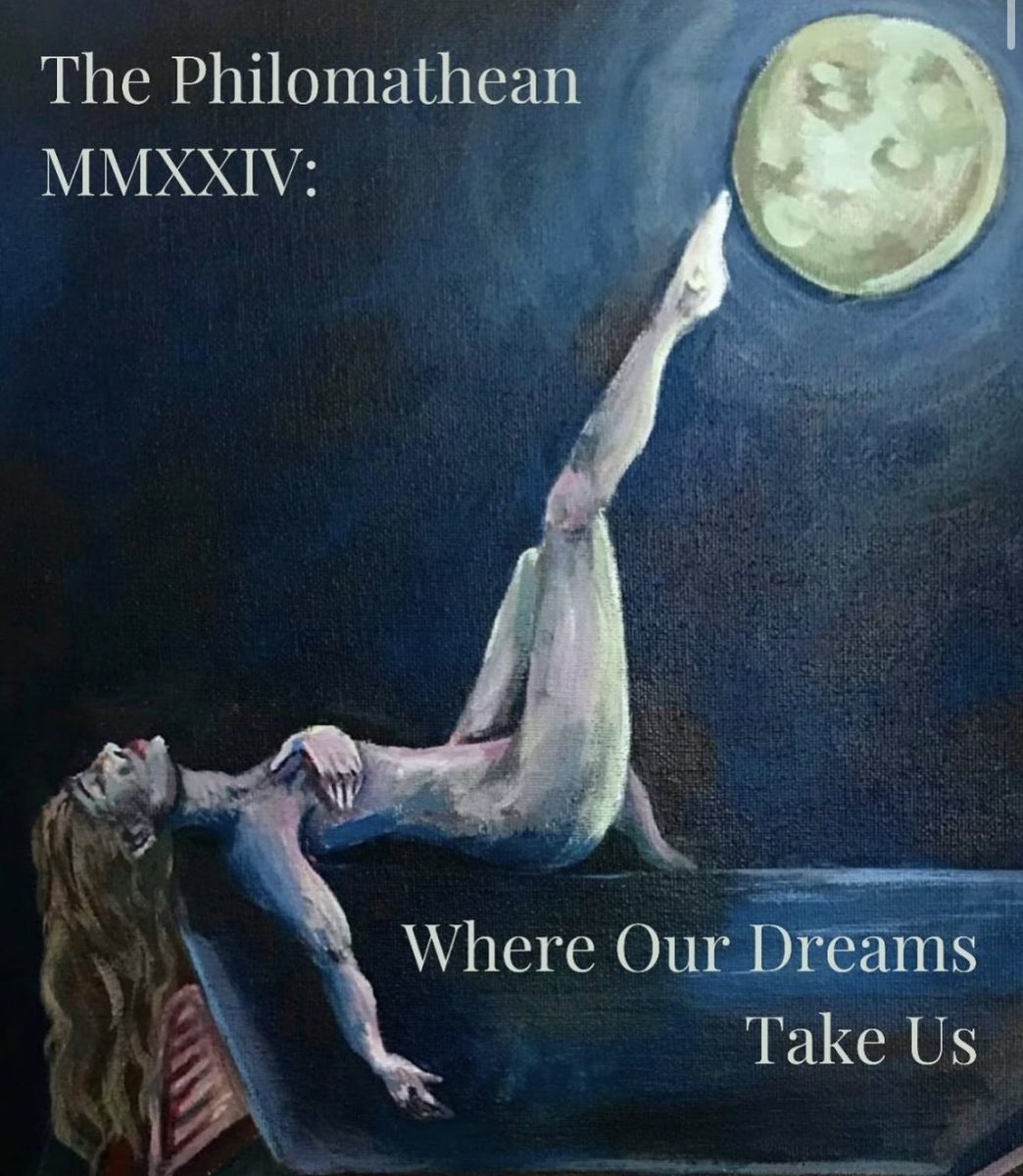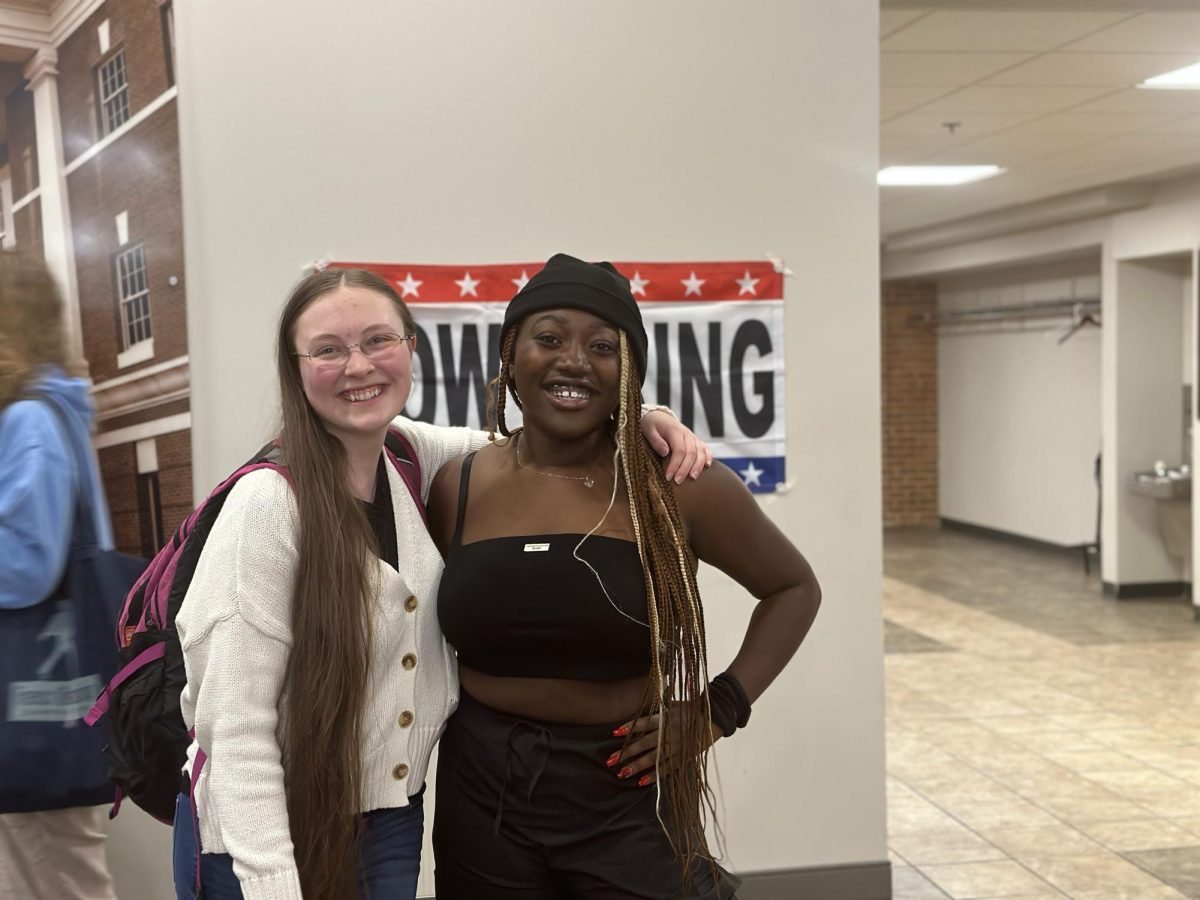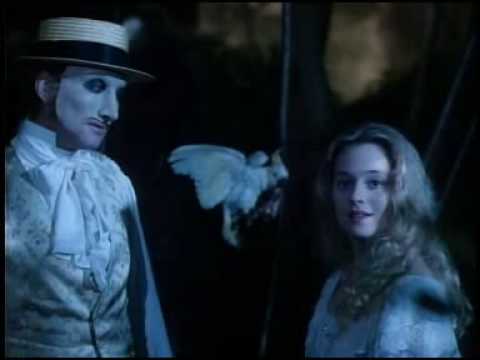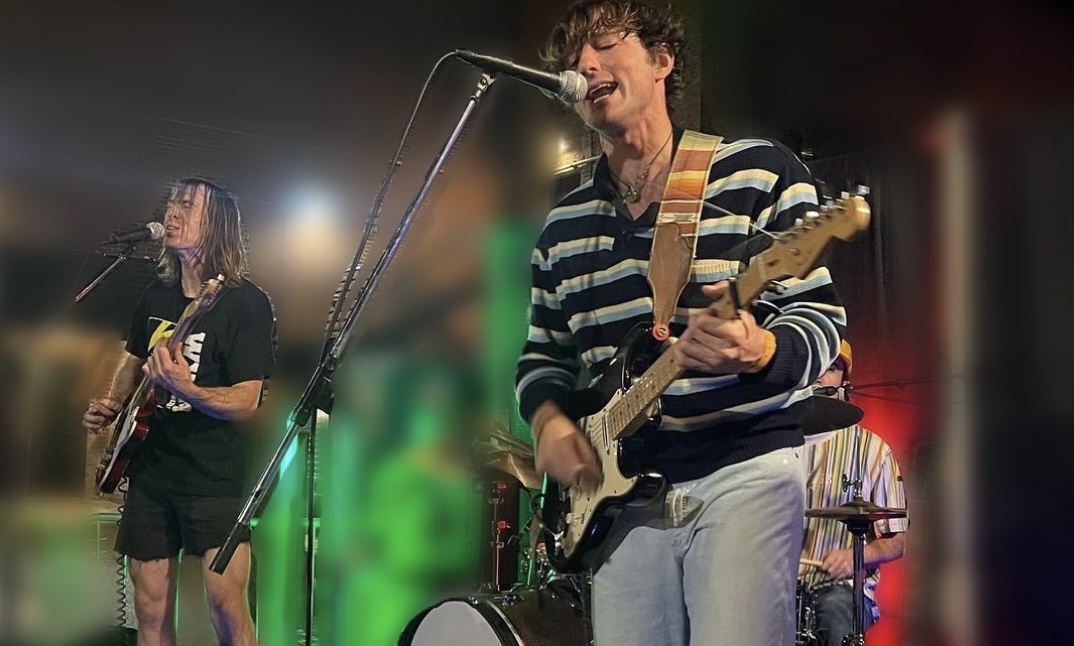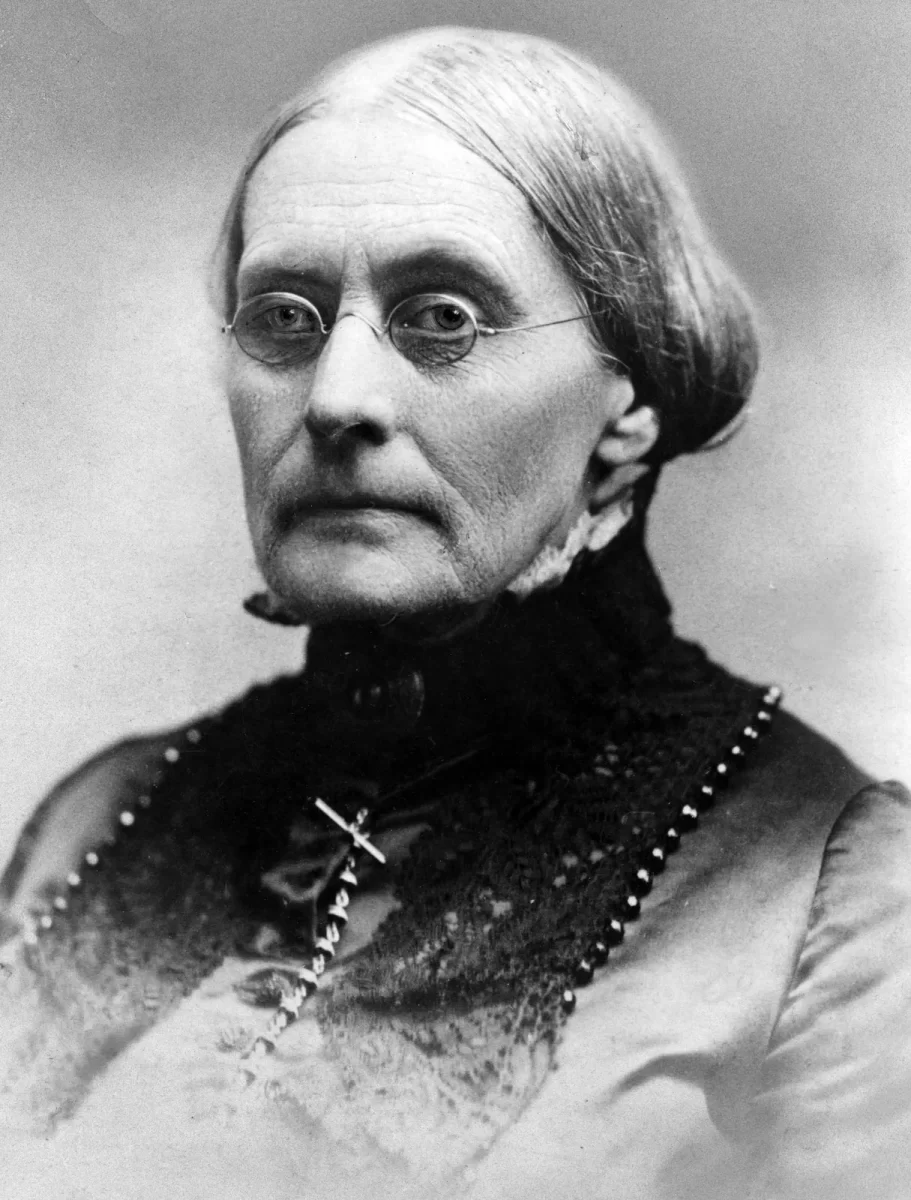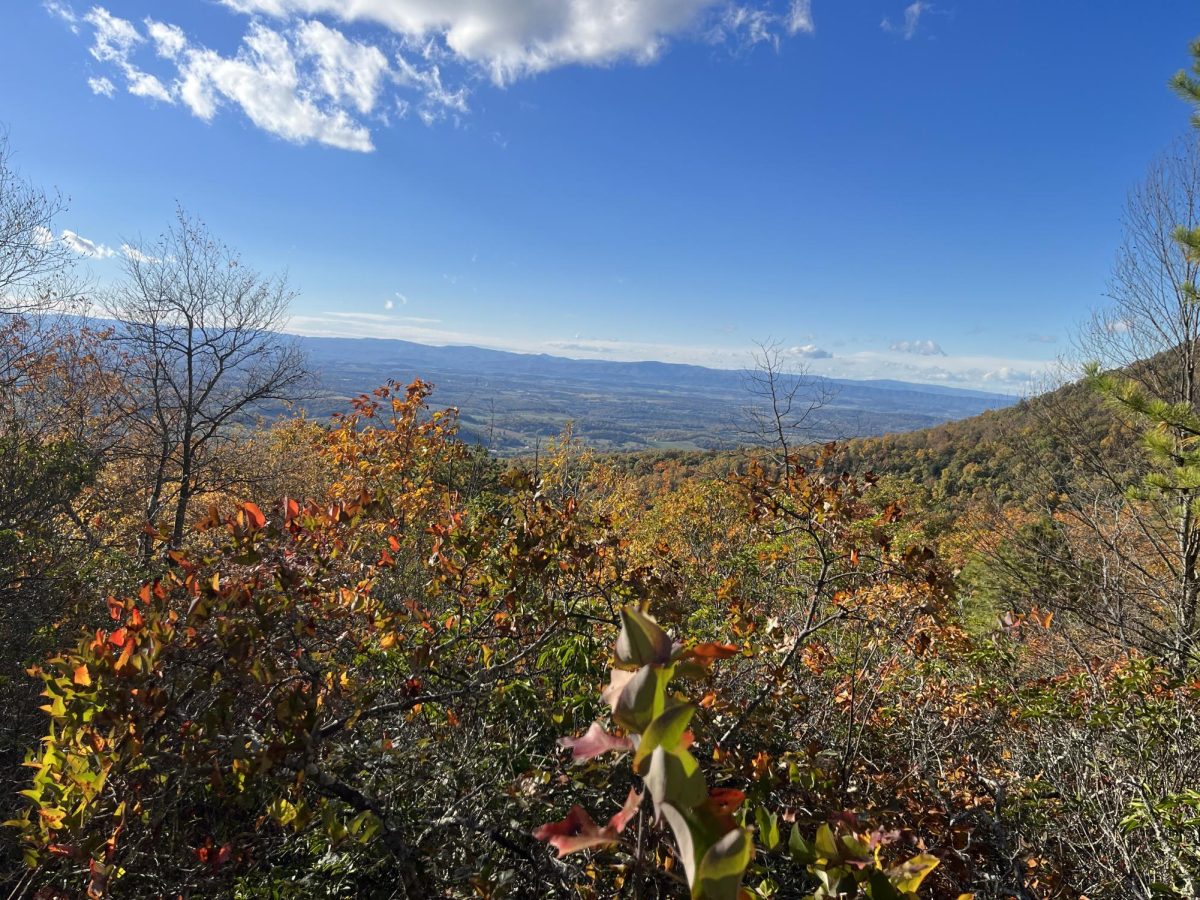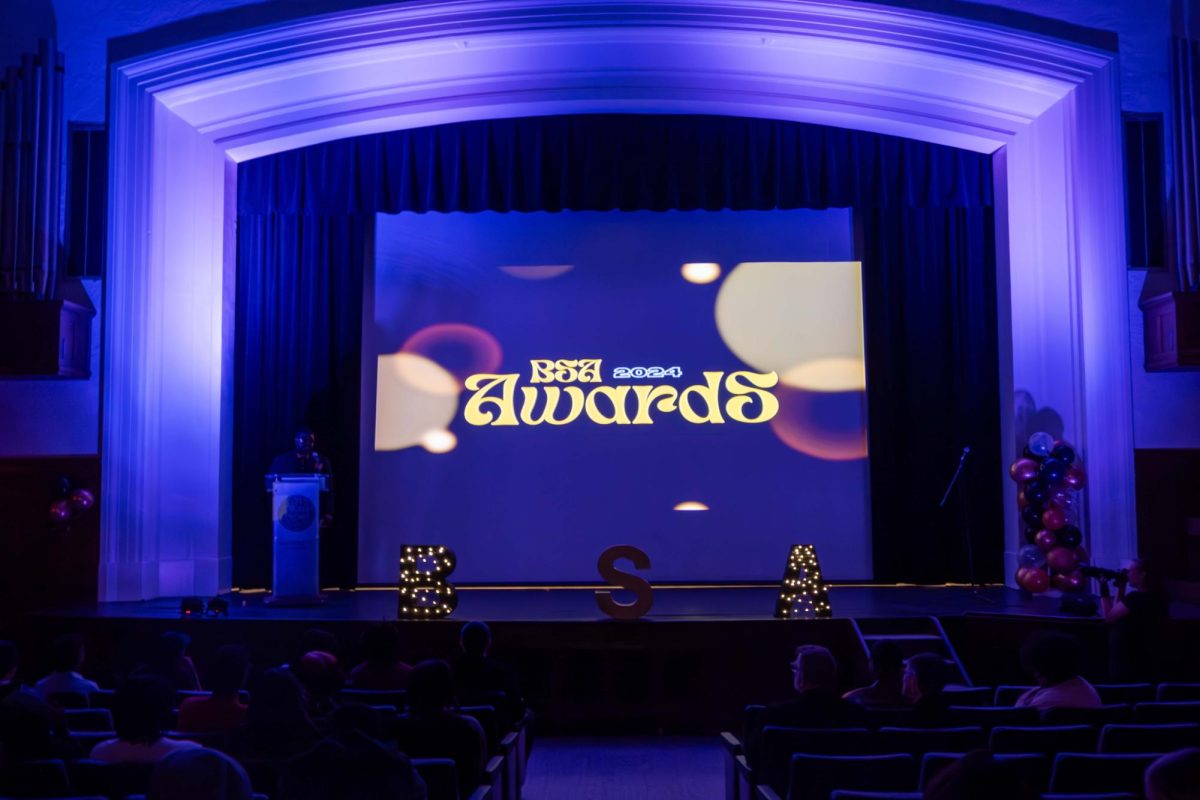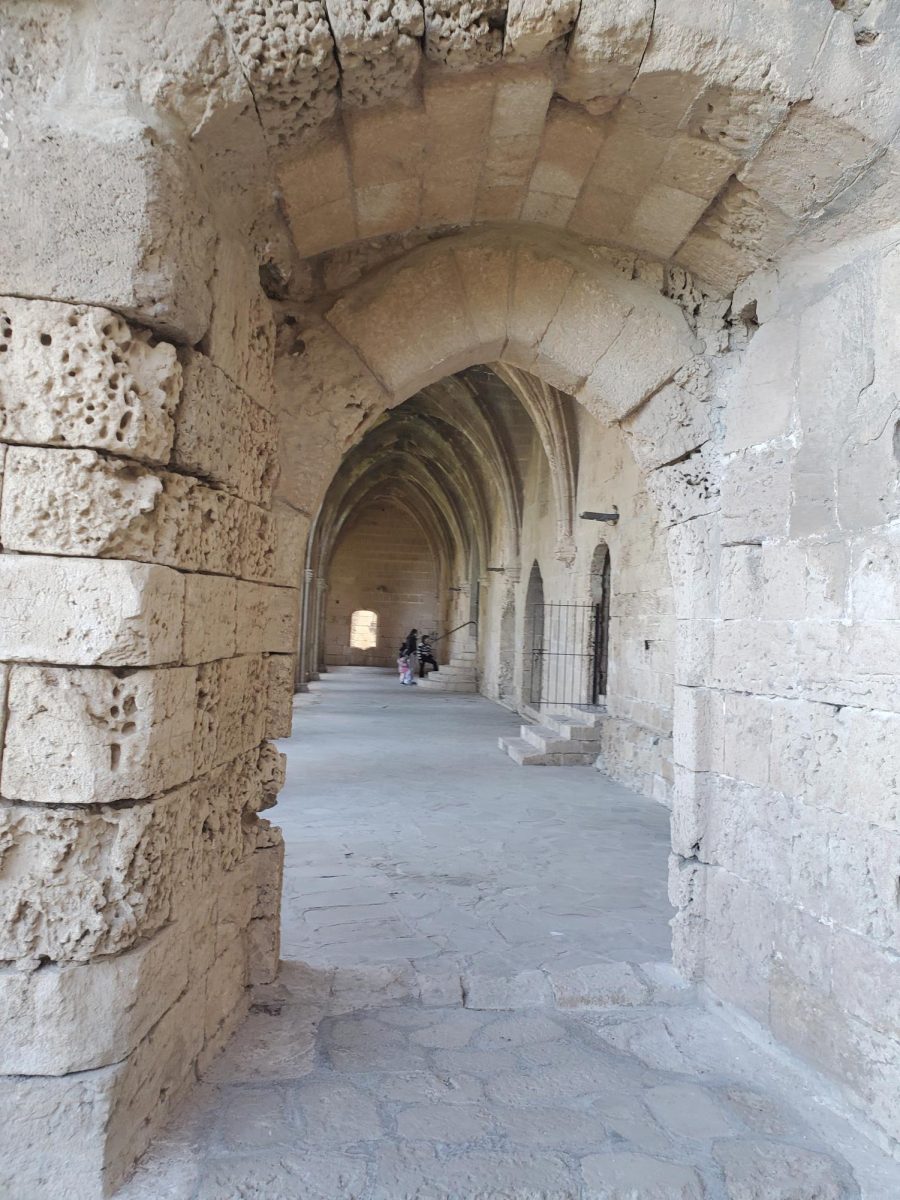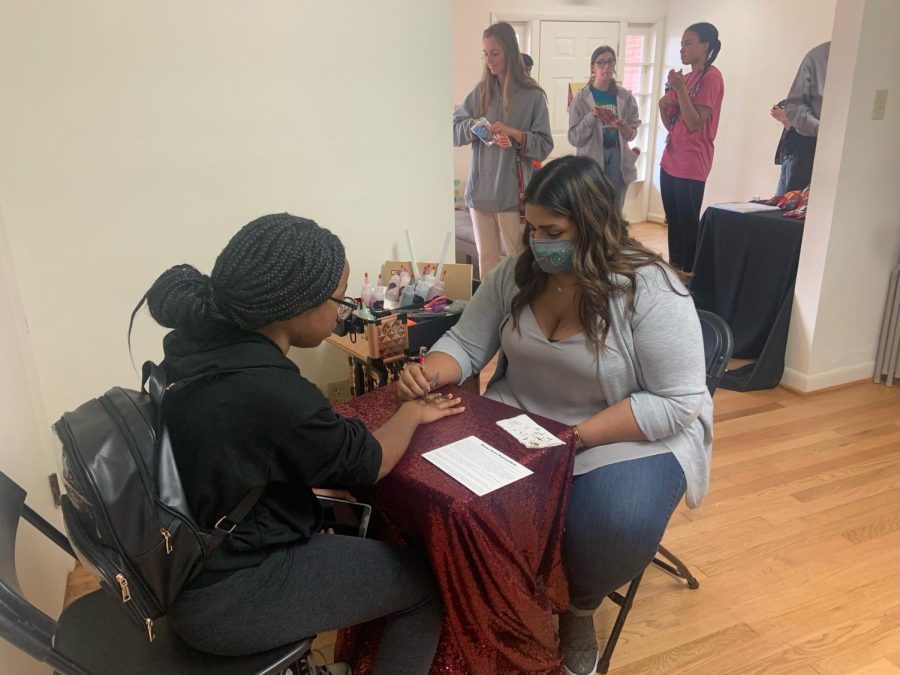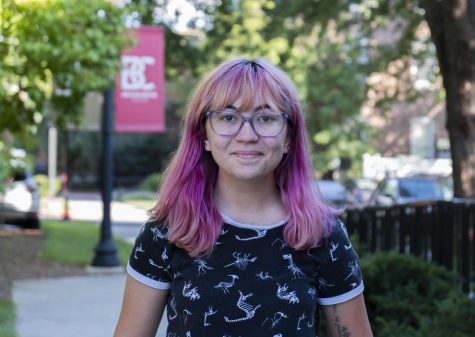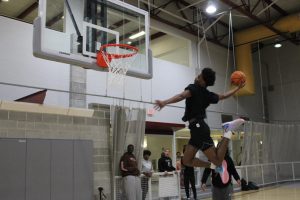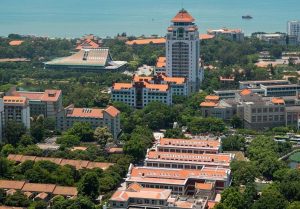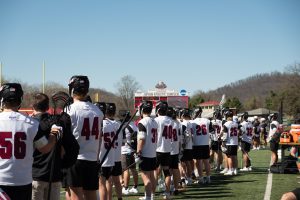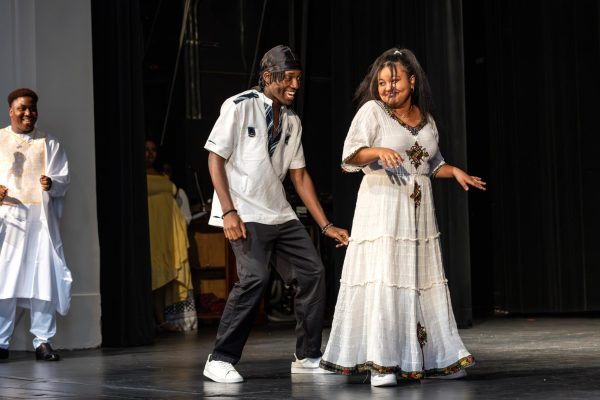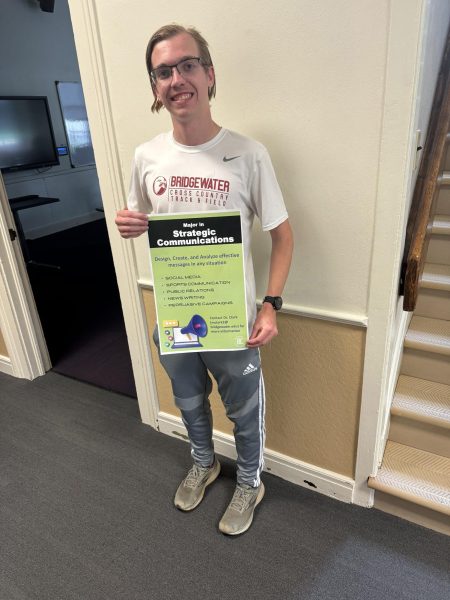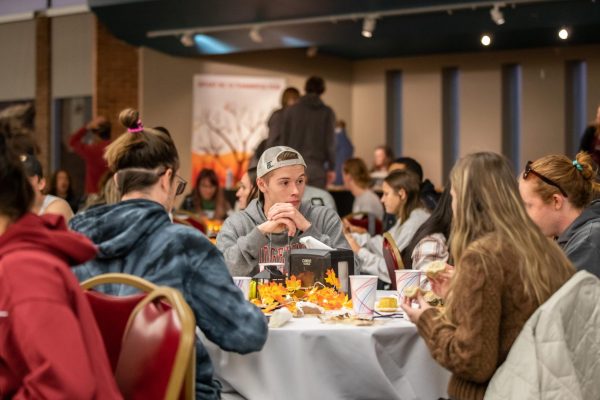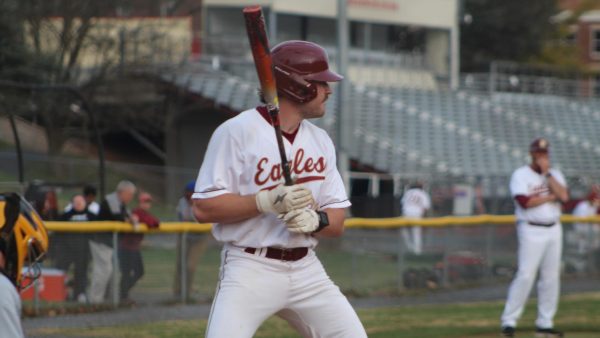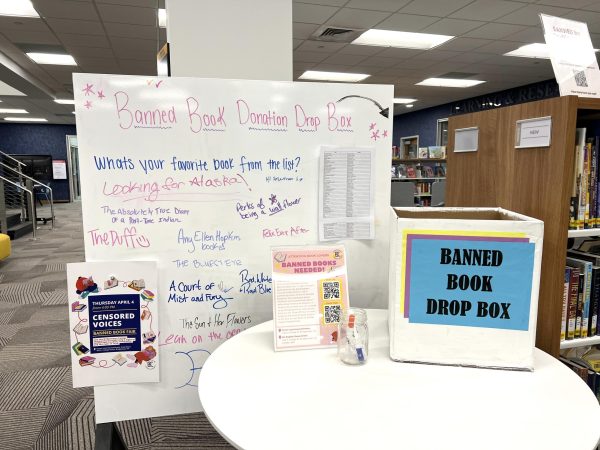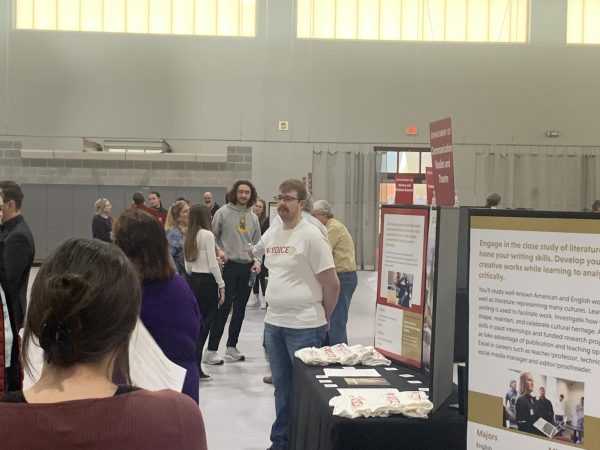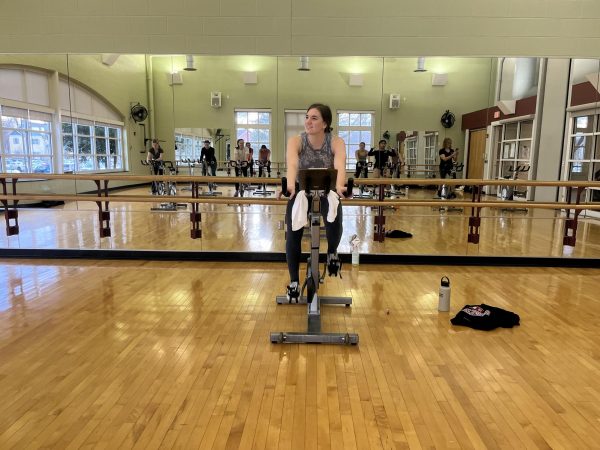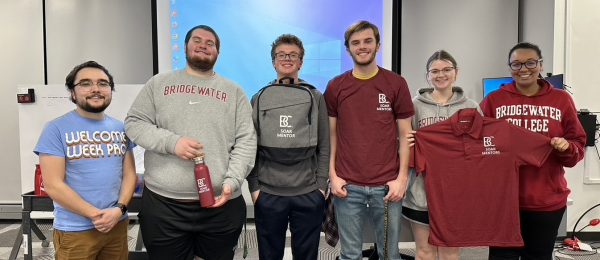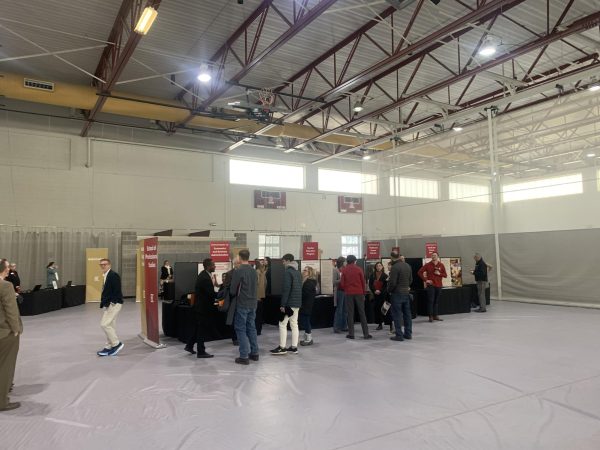IDEA Center Hosts Open House
Junior Tanya Dupree receives a henna tattoo at the IDEA Center open house. Getting henna tattoos was one of the many activities available for those in attendance.
September 20, 2022
Bridgewater, Va.- Bridgewater College’s Inclusion, Diversity, Equity and Advocacy Center held an open house on Sept. 15 to encourage students to visit the space and introduce students to the various Diversity, Equity and Inclusion organizations on campus.
The IDEA center located on Bridgewater campus works to promote an inclusive and positive community that values the diversity of Bridgewater. The space was refurbished over the summer and now also includes a prayer and meditation room that students can access.
“We’re supporting the opening of the IDEA Center, which is a safe space where students can come to meditate and story. It gives students a place to connect and learn about each other,” said junior Casey Casarez. “The opening of this is so important to what we do at Bridgewater and what our philosophy is all about.”
During the open house, students could play Kan Jam, board games, foosball and more. Students could also get henna tattoos from a professional artist or make s’mores in the backyard of the IDEA Center.
Many of the activities during the open house were run by DEI groups on campus, such as BC Allies, which helped with the board games and foosball, and the African Student Association, which ran the s’mores stations.
“I’m here because we are trying to create a more diverse and inclusive environment on campus with BSA and other clubs and organizations,” said senior Shaleria Bradley. “With first-years, we’re trying to show them it’s a safe space for them to come and hangout if they want.”
The open house was attended by students, faculty, staff and their families.
“I’m here to support the importance of people recognizing the value that differences bring to interactions within our community,” said Associate Provost and Professor of History and Political Science Jamie Frueh. “It’s an important piece that helps create learning opportunities that we want to recognize, to celebrate, to promote, so people don’t think they’re just naturally going to happen or not important to their learning.”

